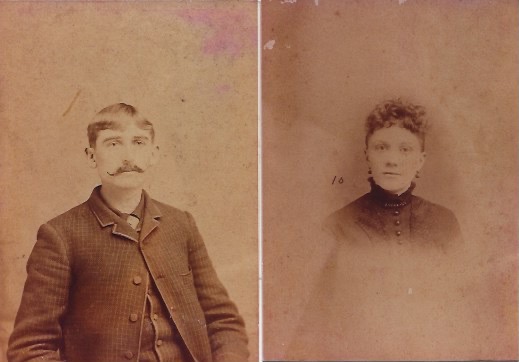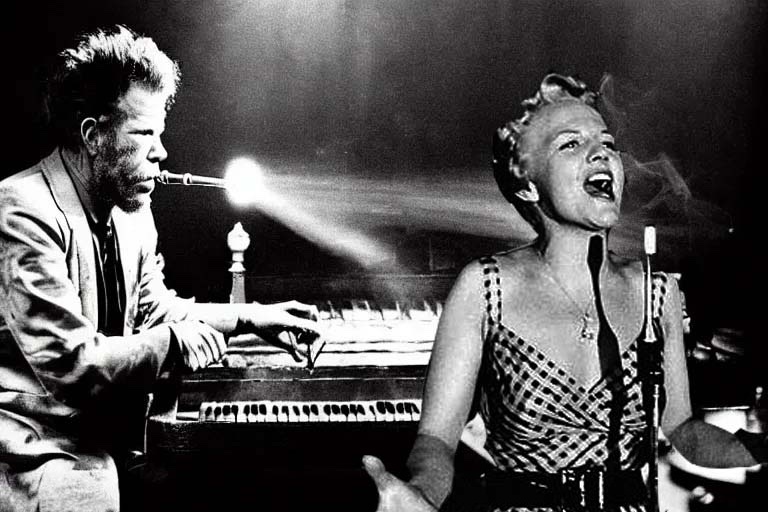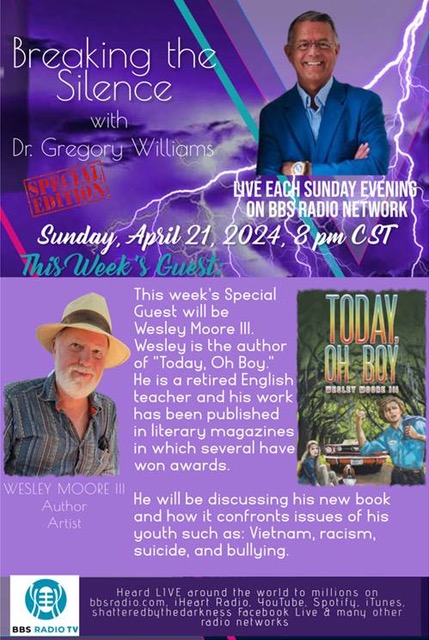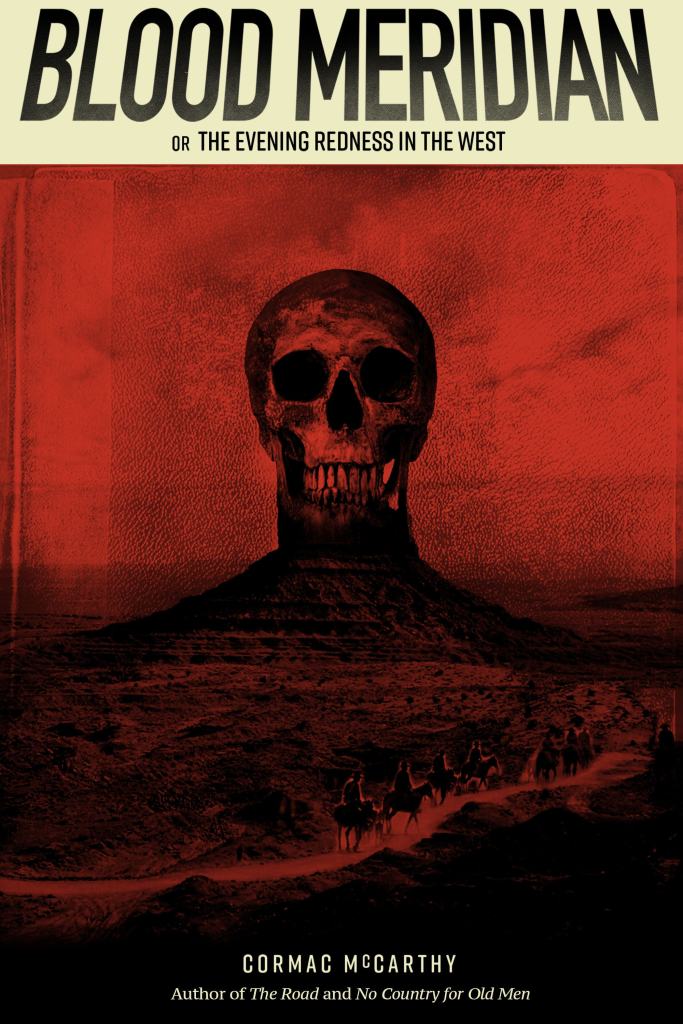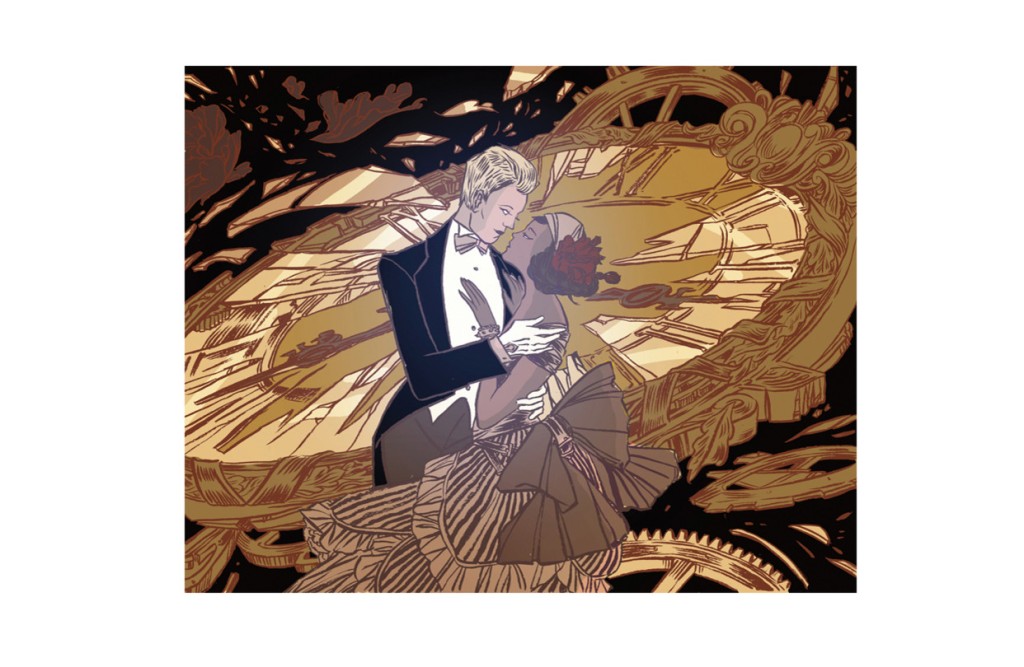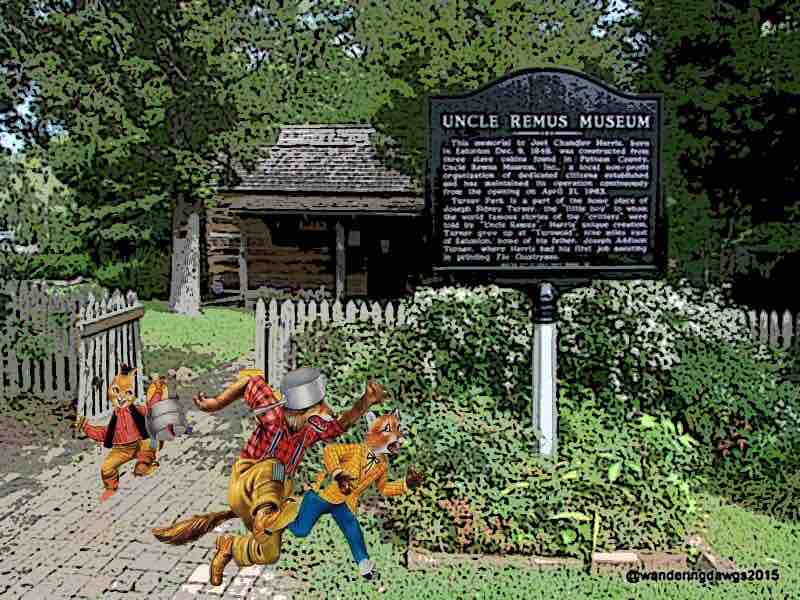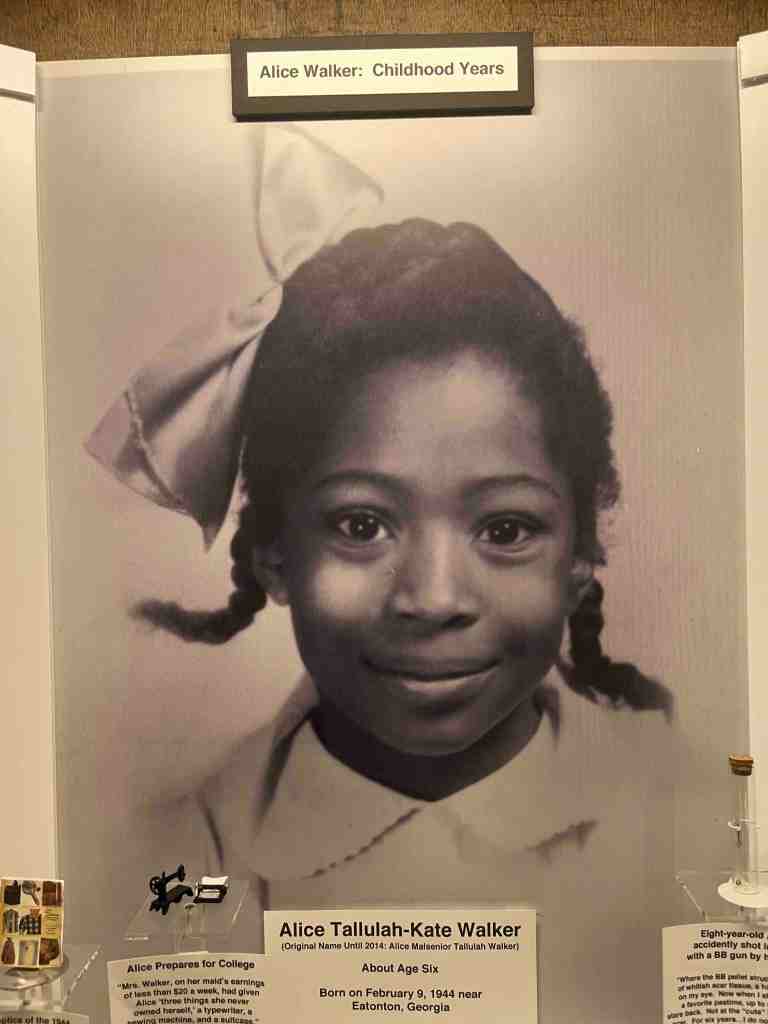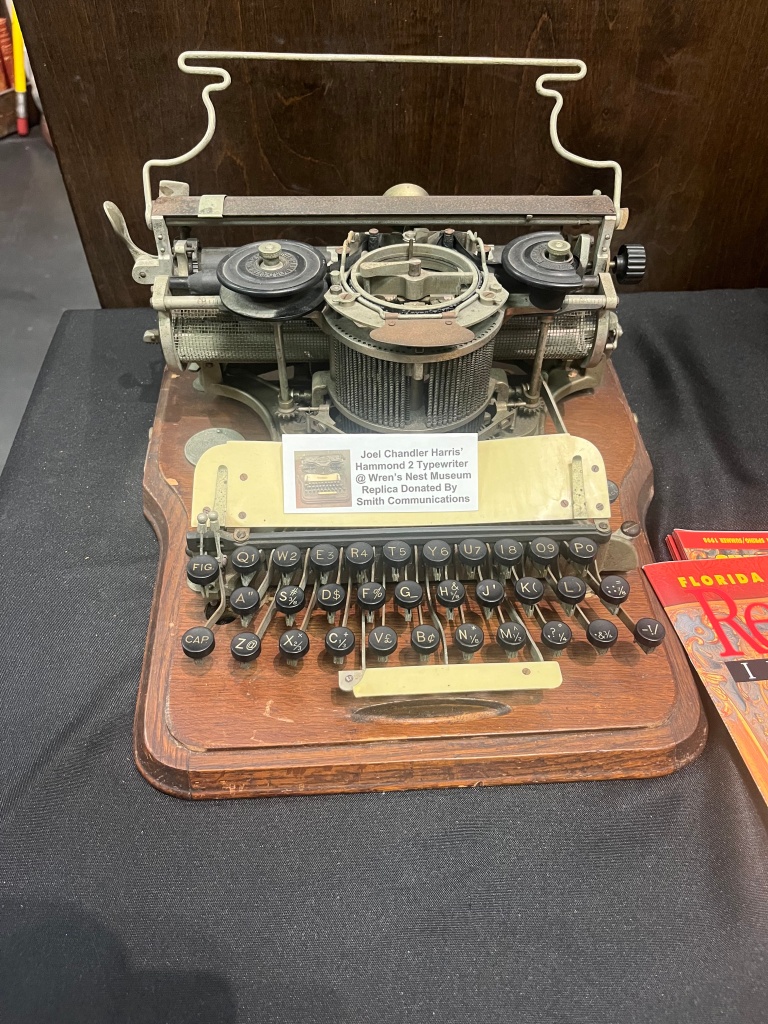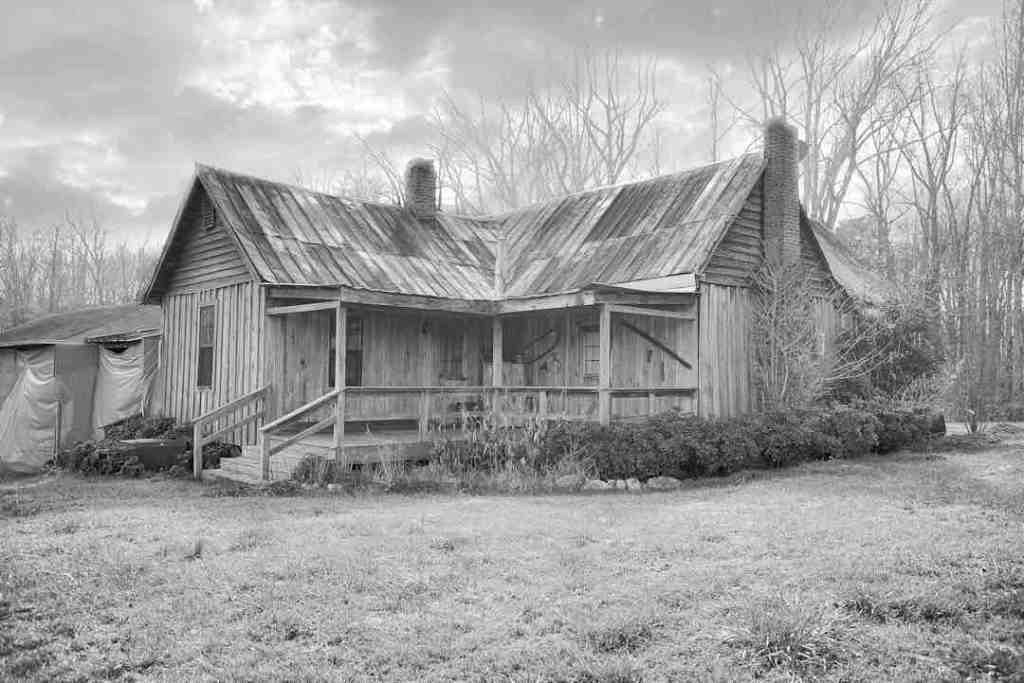
Like its older sibling A Visit from the Goon Squad, Jennifer Egan’s 2022 novel The Candy House consists of a series of interlinked short stories written in various voices featuring a host of characters we meet and reencounter at various unchronological stages of their lives. Its narrative structure is in a sense digitalized, modeled on various Internet modes such as Facebook, email, texting, and constructs a sort of narrative labyrinth of mirrors where the virtual is privileged over the corporeal.
Or to paraphrase the abstract of my son’s PhD dissertation[1], The Candy House (and other contemporary novels of its ilk) explore how new media technologies affect psychological and sociological structures and blur the boundaries “between history and fiction, physical and virtual spaces, as well as public and private notions of the self.”
The novel demonstrates that not only has the richness of raw “undigitalized” reality been diminished by our habit of staring into screens, but also that “authenticity” becomes incredibly problematic as we scroll through the filtered sunsets captured by our Facebook friends whose profile pictures have also been filtered.
A plot summary is virtually (pun intended) impossible. But here’s a stick figure drawing.
Miranda Kline, an anthropologist and the ex-wife of a famous record producer Lou Kline, writes a book called Patterns of Affinity that creates an algorithm that explains what makes people like and trust one another. Based on Kline’s theory, Bix Bouton creates a technology that allows humans to upload their consciousnesses to a cloud and starts a company called Mandala where you can pay to have your consciousness uploaded and then tap into it to relive your past. Also, you can pay to have access to anyone else’s consciousness who has agreed to buy a subscription to Collective Consciousness.[2]
As far as point-of-view is concerned, now even first person narrators can be omniscient. For instance, Lou Kline’s eldest daughter Charlene, after accessing Collective Consciousness, relates her father’s introduction to cannabis during an expedition into a forest, which took place when she was only six.
Other characters, often interrelated by kinship or friendship, find themselves attempting to experience authenticity. One character works at a startup where his job is to reduce possible events in fiction to algebraic equations, e.g. “(a (+ drink) x (action of throwing drink) = a (- drink) + i/2.”
Another chapter is narrated in the second person by a chip implanted in a spy’s brain to provide instructions during a dangerous mission:
Spread apart your toes and
gently reinsert the plug, now
magnetically fused to
your subject’s phone, into your
Universal Port.
Yet another chapter consists of texts featuring a medley of characters attempting to set up an interview with a famous fading movie star.
The Candy House is quite a tour de force.
I wonder, though – despite its brilliant polyphonic orchestration of narrators’ voices, its imaginative story telling techniques, and its construction of an all too real Brave New World – if the novel itself abstracts itself from the corporeal richness of the very best of literary fiction.
It’s a bit of a paradox: the fragmentation of its narrative mode, which reflects the shattered lives of its characters, makes reading the novel a mental exercise of sorts, something akin to solving a puzzle, which abstracts the reader from the characters. But then again, this may be Egan’s point: people have become, to riff on my main man Will Shakespeare, walking shadows, or better yet, walking holograms.
Here’s a character cloud created by someone who goes by u/astroloveuz on Reddit.

[1] Wesley Edward Moore
[2] Bix owns a copy of Joyce’s Ulysses that he treats as a sort of talisman.
